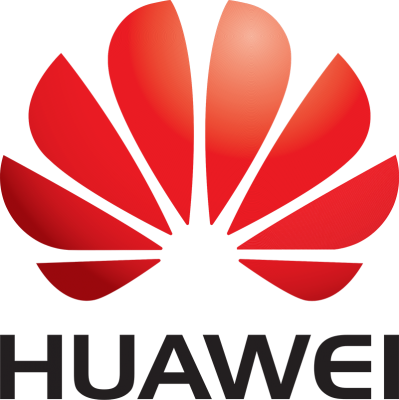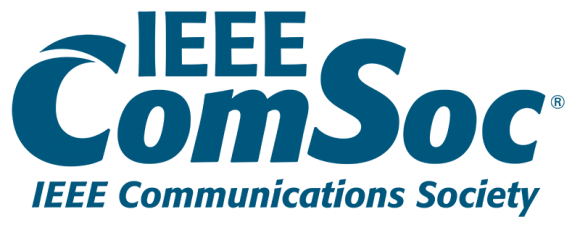Call For Papers
By leveraging the global interconnection of billions of tiny smart objects, the Internet of Things (IoT) paradigm is fostering the idea of pervasive Smart Environments (SEs) and Smart Urban Ecosystems, where all the data gathered by the ``Things'' can be elaborated and used to improve the livability, the safety and the security of the environment, and to make inhabitants lives easier. However, despite the research advancements in recent years, many open issues still prevent the full realization of such vision.
To meet the requirements of SEs, telecommunication systems should support significantly high data rates, traffic capacity, connection density, energy efficiency, as well as small latency. Being massively distributed into the environment, smart objects may generate, collect, exchange and process big data, provide distributed services, offer computational resources, and cooperate to perform some tasks locally, as well as to delegate their execution to more powerful nodes in the cloud or at the network edge. In addition to the traditional pull-based data delivery, push-based and publish/subscribe traffic patterns must be supported. To accommodate newly emerging more demanding services the network infrastructure should be agile, cost effective and possibly softwarized. The satisfaction of security and privacy requirements will play a fundamental role in the SEs; indeed, without effective mechanisms, attacks and malfunctions in the IoT will outweigh any of their benefits.
The PERSIST-IoT workshop aims to solicit a collection of innovative papers reporting the most recent advancements in the fields of smart architecture, protocols and practical implementations enabling IoT for smart environments. Topics of interests include, but are not limited to the following:
· Models of network component interactions on smart environments;
· Distributed sensing and control in smart environments;
· Mobile-aware cloud computing models, infrastructures, and approaches for smart environments;
· Mobile edge computing for smart environments;
· Crowdsourcing in smart environments;
· IoT architecture and middleware;
· Novel communication protocols for M2M/MTC communication;
· Novel networking paradigms (e.g., ICN, SDN) for IoT;
· Energy efficient solutions for IoT;
· Device-2-device communications (D2D);
· Reliability, security, privacy and trust in smart environment ecosystems;
· Business models to promote user collaboration and resource sharing in smart environments;
· Testbeds demonstrating the feasibility of smart environments;
· Applications, business, standards, and social issues.
Important Dates
Submission Deadline: January 15, 2020
Notification of Acceptance: February 7, 2020
Camera Ready: April 10, 2020 (extended)




